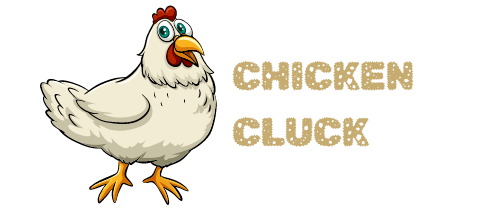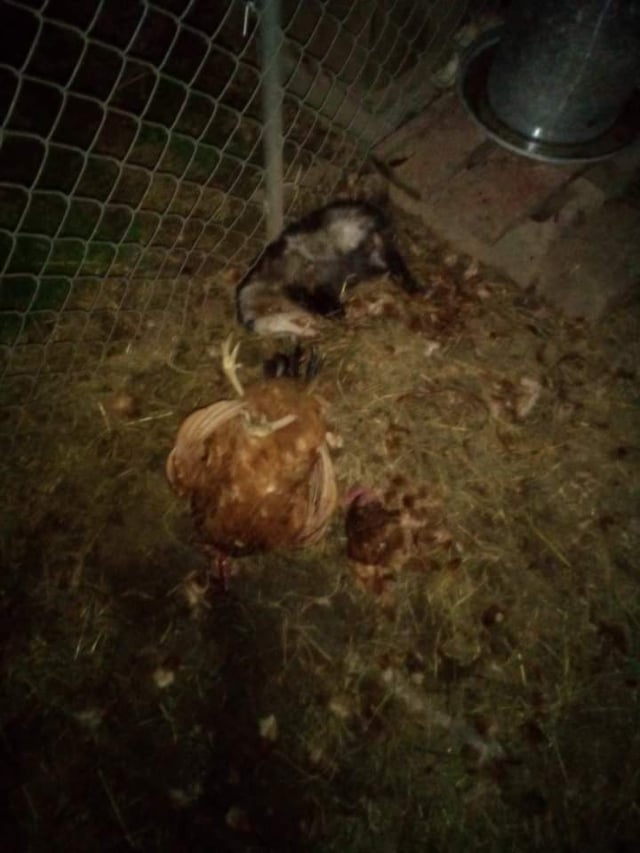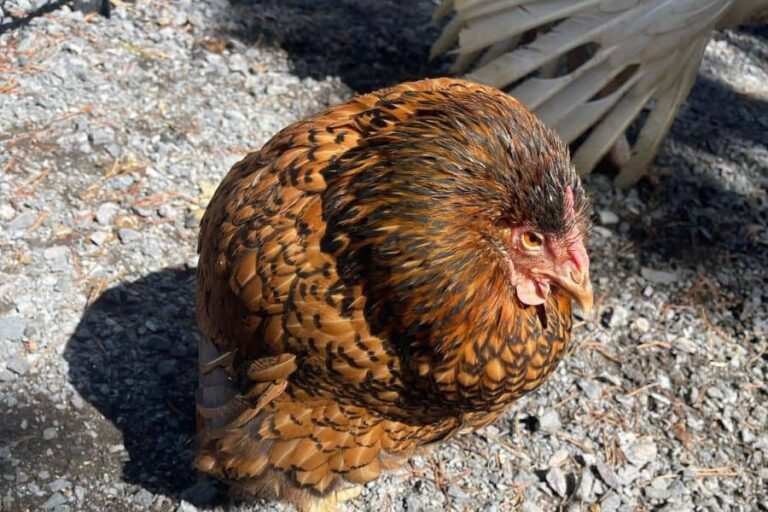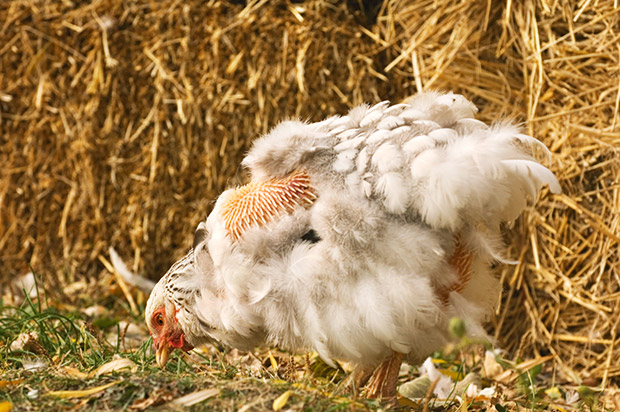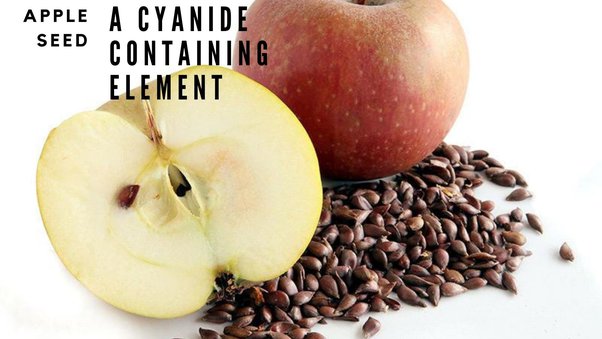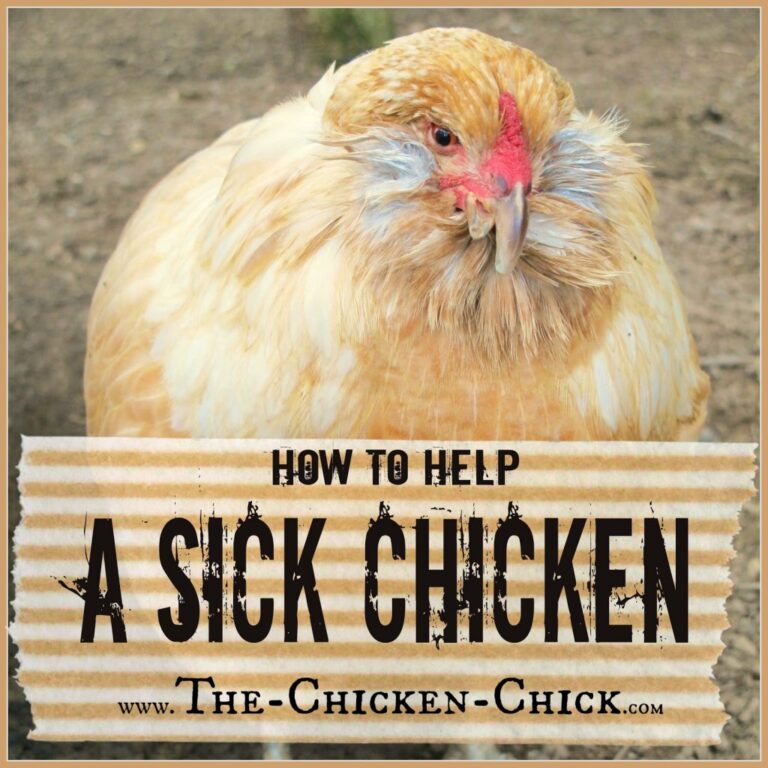Opossums can kill chickens, but it’s not common practice for them. Typically, they are attracted to the eggs or leftover feed rather than the live birds.
Opossums, often just called possums, are known to be opportunistic omnivores. They generally feed on a wide variety of foods, including fruits, insects, and carrion. While a possum can indeed pose a threat to a chicken coop, they are less likely to kill chickens compared to other predators like foxes or raccoons.
These nocturnal creatures are often mistakenly accused of poultry predation because they scavenge on carcasses, but their primary interest tends to be in easier-to-obtain food sources. Protecting your coop is essential; proper enclosure maintenance can help in deterring these and other potential predators. Understanding the behavior of possums is crucial for backyard chicken keepers to appropriately safeguard their flocks and mitigate any risks associated with these occasional visitors.
Intro To Possum Behavior
Possums are unique creatures with fascinating behaviors. Understanding these marsupials helps us know their effect on our homes and farms. Let’s dive deeper into their nightly habits, especially when it comes to our feathered friends in the yard.
Dietary Habits
What do possums eat? These animals are opportunistic omnivores. This means they can eat both plants and animals. A possum’s diet is diverse, including:
- Fruits and vegetables
- Small rodents, birds, and insects
- Eggs, which can include chicken eggs
- Garbage or pet food left outdoors
Understanding what possums eat helps us protect our chickens and their eggs effectively.
Nocturnal Predators In Backyards
Possums hunt and feed mostly at night. They become uninvited guests in our backyards. Here’s why:
| Reason | Impact on Chickens |
|---|---|
| Darkness offers cover | Possums can sneak into coops undetected |
| Looking for food | They might target chicken feed or eggs |
| Easy access | If coops are not secured, possums can get inside |
Knowing that possums are nocturnal helps us take steps to prevent them from harming our chickens.
Possums And Chickens: The Risk Factors
Welcome to our detailed guide on the dangers that possums may pose to your chickens. When raising backyard chickens, understanding the risks and taking preventive measures can mean the difference between a thriving coop and an unfortunate loss.
Chicken Coop Vulnerability
Let’s talk about how safe your chickens really are. A possum’s ability to breach a chicken coop can turn a peaceful night into a scene of distress.
- Gaps and Openings: Even small holes can invite a possum attack.
- Weak Locks: Possums are clever creatures. They can open latches that are not secure.
- Material Flaws: Coops made of flimsy materials may not withstand a possum’s persistence.
Enhance your chicken coop’s defenses to protect your flock. Check for vulnerabilities regularly and make necessary upgrades.
Potential For Disease Spread
The interaction between possums and chickens can be a recipe for disease transmission.
| Disease | Mode of Transmission |
|---|---|
| Leptospirosis | Through urine or contaminated water/soil |
| Coccidiosis | From feces affecting ground or feed |
| Tuberculosis | Direct contact with an infected possum |
Regular cleaning and biosecurity measures will minimize the risk of disease. Always isolate any sick chickens to prevent the spread within your flock.
Understanding Chicken Predation
Chicken owners often worry about the safety of their feathered friends. Predators lurk in the shadows, eyeing these birds as easy meals. Knowledge of common threats and signs of attacks is crucial. It safeguards the coop and ensures chickens live without the fear of predators. Especially at night, when most predators strike, vigilance is the key to protection.
Common Chicken Predators
- Raccoons: Clever and dexterous, targeting eggs and young chicks.
- Foxes: Sly hunters, taking chickens quickly and silently.
- Hawks: Deadly from above, snatching chickens during the day.
- Dogs and Cats: Domestic pets can pose unexpected threats.
- Possums: Opportunistic feeders, posing a risk at night.
Signs Of Possum Attack
| Sign | Description |
|---|---|
| Bite Marks | On neck or body, often killing the chicken. |
| Scattered Feathers | Sign of struggle around the coop or run. |
| Missing Eggs | Possums often eat eggs, leaving few traces. |
| Nocturnal Noise | Sounds of disturbance at night suggest intrusion. |
Possums can attack chickens, but it’s not frequent. They prefer easy meals like unsecured trash or pet food. However, a hungry possum may target chickens. Look for these signs to confirm a possum’s presence. Take immediate steps to secure the coop and protect your chickens.

Credit: www.backyardchickens.com
Preventive Measures To Safe Guard Chickens
Protecting your feathered friends from possums is crucial. A possum might not always target chickens, but it is possible. They can kill, especially young or weakened birds. Your coop security is the best defense. Let’s dive into ways to keep your chickens safe.
Fortifying The Coop
Creating a safe haven for chickens means strengthening their coop. Here are simple steps to ensure predators like possums stay out:
- Secure the floor: Use hardware cloth or buried fencing to prevent digging.
- Reinforce doors and windows: Install sturdy latches and robust wire mesh.
- Check for gaps: Regularly inspect for holes or weak spots in the structure.
Remember, a consistent check-up routine maintains a robust coop.
Effective Fencing Solutions
Good fencing acts as the first line of defense for your chickens. Consider these options for optimal protection:
- Elevated coop: Raise the structure to limit access for climbing predators.
- Fencing material: Choose fencing with small holes, like quarter-inch hardware cloth.
- Electric fencing: Adds an extra layer of security to deter curious critters.
Combine different methods for the best result. Stay proactive and keep your chickens out of harm’s way!
Non-lethal Deterrence Techniques
Protecting chickens from predators like possums doesn’t have to end fatally. A variety of non-lethal methods can deter these nocturnal creatures from harming your flock. Let’s explore some effective tactics that safeguard chickens without causing harm to the possums.
Using Repellents
Possums are sensitive to certain smells and tastes, making repellents a great first line of defense.
- Ammonia: Soak rags in ammonia and place around the coop.
- Garlic: Crushed garlic cloves spread near their paths deter possums.
- Spicy Peppers: A spray made from hot peppers keeps possums at bay.
Commercial repellents labeled safe for use around poultry are also an option. Remember to reapply these deterrents regularly, especially after rain.
Natural Deterrents And Guardians
Nature provides several allies in the fight to protect your chickens from possums.
- Motion-activated lights: Startle possums away from your chicken area.
- Noise machines: Unexpected sounds can frighten off curious possums.
- Build a secure coop: Ensure it’s sealed from dusk till dawn.
Additionally, certain animals can act as guardians for your flock:
| Animals | Role |
|---|---|
| Dogs | A well-trained dog patrols and alarms at possum activity. |
| Geese | They’re territorial and will honk loudly when intruders approach. |
| Llamas | Surprisingly effective at guarding smaller animals like chickens. |
Remember, consistency is key. Permanent fixtures often yield better results than temporary solutions.
Dealing With A Possum Invasion
A possum invasion can be a real threat to your chicken coop. While possums are typically shy creatures, they may prey on chickens if given the opportunity. Protecting your flock involves several methods and ethical considerations.
Humane Trapping MethodsHumane Trapping Methods
To safely catch a possum, use live traps. Choose an appropriate size to ensure the possum is unhurt during the process. Here are steps for humane trapping:
- Place traps near the coop or the site of intrusion.
- Bait the trap with fruits, vegetables, or canned pet food.
- Check traps frequently to avoid prolonged confinement.
- Wear gloves when handling the trap to protect yourself and the animal.
| Do’s | Don’ts |
|---|---|
| Use non-lethal traps | Leave traps unchecked |
| Provide water in the trap | Use traps too small or too large |
Relocation Ethics
Relocating the captured possums requires careful thought. Some regions have specific laws on relocation. Respect local wildlife regulations to ensure the best outcome for both the animal and the environment.
- Contact local wildlife authorities for relocation advice.
- Release possums in suitable habitats far from residential areas.
- Avoid relocating during extreme weather conditions.
- Ensure there is a water source at the release site.
Successfully dealing with a possum invasion protects your chickens while respecting wild animal welfare.
Legal Considerations
Legal Considerations play a pivotal role when addressing whether a possum can kill a chicken. Across various regions, specific laws protect wildlife while balancing the need to safeguard poultry. Understanding these regulations ensures responsible animal management while staying within legal boundaries.
Wildlife Protection Laws
Wildlife protection laws safeguard the existence and welfare of native species. These laws often classify possums as protected wildlife, prohibiting harm or capture without proper authorization.
- Check local regulations before taking action against possums.
- Protected status may apply, limiting interference with possums.
- Licensing may be required for possum removal.
Permitted Control Actions
Permitted control actions offer guidelines for humanely dealing with possums when they threaten poultry. Implementing recommended deterrents and preventive measures can both protect chickens and comply with legal standards.
| Action | Description | Legality |
|---|---|---|
| Secure Coops | Reinforce chicken coops to prevent entry. | Legal |
| Trapping | Use humane traps for possums, if allowed. | Varies by region |
| Relocation | Move trapped possums to authorized areas. | Requires permission |
Note: Always consult a wildlife specialist or local authorities before implementing control actions.

Credit: www.mypetchicken.com
Long-term Strategies For Chicken Safety
Protecting chickens from predators like possums is essential for any coop owner. Long-term safety measures are the best defense. These strategies help ensure your feathered friends remain safe for years to come.
Regular Coop Maintenance
Keeping the chicken coop in top condition is a vital strategy for preventing possum attacks. Start with these steps:
- Inspect the coop regularly for weak spots.
- Replace damaged wire mesh or fencing immediately.
- Secure all entry points with heavy-duty latches.
- Check that the coop is raised well off the ground.
- Maintain a tidy area to reduce hiding spots for predators.
Careful attention to maintenance deters possums and keeps your chickens out of harm’s way.
Community Education Programs
Educating your community plays a large role in chicken protection. Sharing knowledge about possum behavior helps neighbors take precautions too. Here’s what can be done:
- Organize local workshops on protecting backyard poultry.
- Distribute material on wildlife habits and coop safety.
- Encourage reporting of possum sightings to raise awareness.
- Create a forum for sharing best practices and tips.
With community cooperation, the entire neighborhood becomes a safer place for chickens.
When Predation Occurs
When Predation Occurs, many chicken owners face the grim possibility of losing their beloved birds to predators. Among these threats, the possum, a nocturnal marsupial known for its scavenging habits, poses a real danger to poultry. Understanding possum behavior and how to protect your flock is the first step in preventing these incidents.
Cleaning And Recovery Steps
Immediately following a possum attack, swift action can help minimize risks and prepare for the future. Initial steps involve:
- Removing any remains to avoid attracting more predators.
- Thoroughly cleaning the coop, using gloves and disinfectant to eliminate odors and pathogens.
- Examining the remaining chickens for injuries. Provide medical care or contact a veterinarian if needed.
Assessing Coop Security Post-attack
An attack indicates vulnerabilities in the coop’s security. Take the following measures to fortify your defenses:
| Security Measure | Action Step |
|---|---|
| Enclosure Inspection | Check for and repair any gaps or weak points. |
| Hardware Mesh | Replace chicken wire with stronger hardware mesh. |
| Locking Mechanisms | Install locks that cannot be easily tampered with. |
| Coop Elevation | Elevate coop off the ground to deter digging predators. |
Implement these changes promptly to safeguard your flock from future threats.
Wildlife Harmony With Backyard Farming
Backyard farming thrives with a little help from local wildlife. It’s not just about growing vegetables or raising chickens. It’s about creating an environment where all creatures coexist. Many worry about predators, like possums, and their chickens. Understanding and fostering wildlife harmony is key to a thriving backyard farm.
Balanced Ecosystem Approaches
A balanced ecosystem incorporates various plants and animals living in mutual harmony. This approach can yield massive benefits for your garden. Practices such as maintaining native flora can attract beneficial insects and create habitats for local wildlife. This balance can naturally reduce pest problems and improve plant health.
- Encourage natural predators to manage pests
- Use companion planting to deter unwanted insects
- Provide shelters for beneficial creatures
Benefits Of Possums In Your Garden
Though many fear that a possum might harm chickens, these nocturnal creatures are often misunderstood. Possums contribute to a healthy garden environment by eating unwanted pests like beetles, slugs, and snails. They hardly attack chickens due to their non-aggressive nature and preference for small invertebrates and fruit.
| Benefit | Explanation |
|---|---|
| Pest Control | Possums reduce garden pests naturally. |
| Seed Dispersal | They help in spreading seeds of native plants. |

Credit: www.reddit.com
Conclusion
Concluding our exploration of possum-chicken encounters, it’s clear that possums can indeed pose a threat to chickens. Yet, this behavior is not typical of the possum’s character, as they prefer easier meals. To protect your flock, reinforce their coop and stay aware of potential predators.
Remember, a vigilant owner is a chicken’s best defense.
